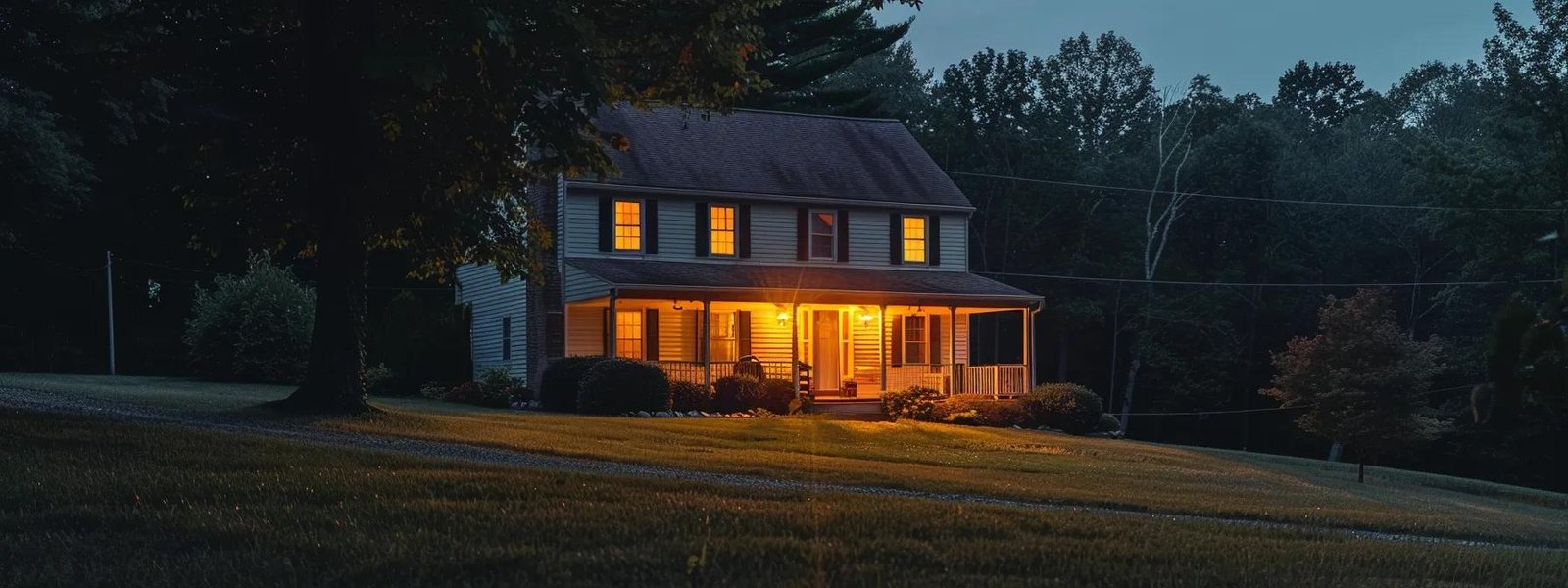
Power outages can happen at any time, leaving homeowners in the dark and without essential services. Understanding the importance of home emergency power solutions is crucial for maintaining comfort and safety. This article will explore different types of backup power solutions, including emergency power systems that utilize sustainable energy sources like wind. Readers will learn how to select the right system for their needs and ensure effective maintenance. By addressing these key points, homeowners can gain peace of mind knowing they are prepared for unexpected power interruptions.

Power outages pose significant risks to homeowners, affecting essential systems like the furnace and other critical appliances. Understanding which devices require home backup power and electrical diagnostics is vital for maintaining comfort and safety. Prolonged outages can disrupt daily routines, leading to inconvenience and potential hazards. This section will explore these risks, identify key appliances needing backup, and assess the impact of outages on everyday life.
Power outages can lead to significant risks for homeowners, particularly when it comes to maintaining essential systems like heating and cooling. Without a reliable power supply, thermostats cannot function, which can result in uncomfortable temperatures and potential damage to home systems. Additionally, the absence of lighting during an outage can create safety hazards, increasing the risk of accidents and injuries, while also leaving homes vulnerable to security threats.
Identifying critical appliances that need backup power during a power outage is essential for maintaining comfort and safety in the home. Key electronics such as refrigerators, heating systems, and medical devices require a reliable home battery backup to function effectively. By ensuring these vital systems remain operational, homeowners can enhance their sustainability efforts and provide peace of mind during emergencies, knowing that their essential needs will be met even when the power goes out.
Prolonged power outages can significantly disrupt daily routines, affecting everything from meal preparation to work-from-home capabilities. Without an emergency power system, homeowners may struggle to keep essential appliances like refrigerators and computers running, leading to food spoilage and lost productivity. Investing in solutions such as solar power systems, home batteries, or standby generators can provide reliable emergency power, ensuring that daily life continues smoothly even during unexpected outages.
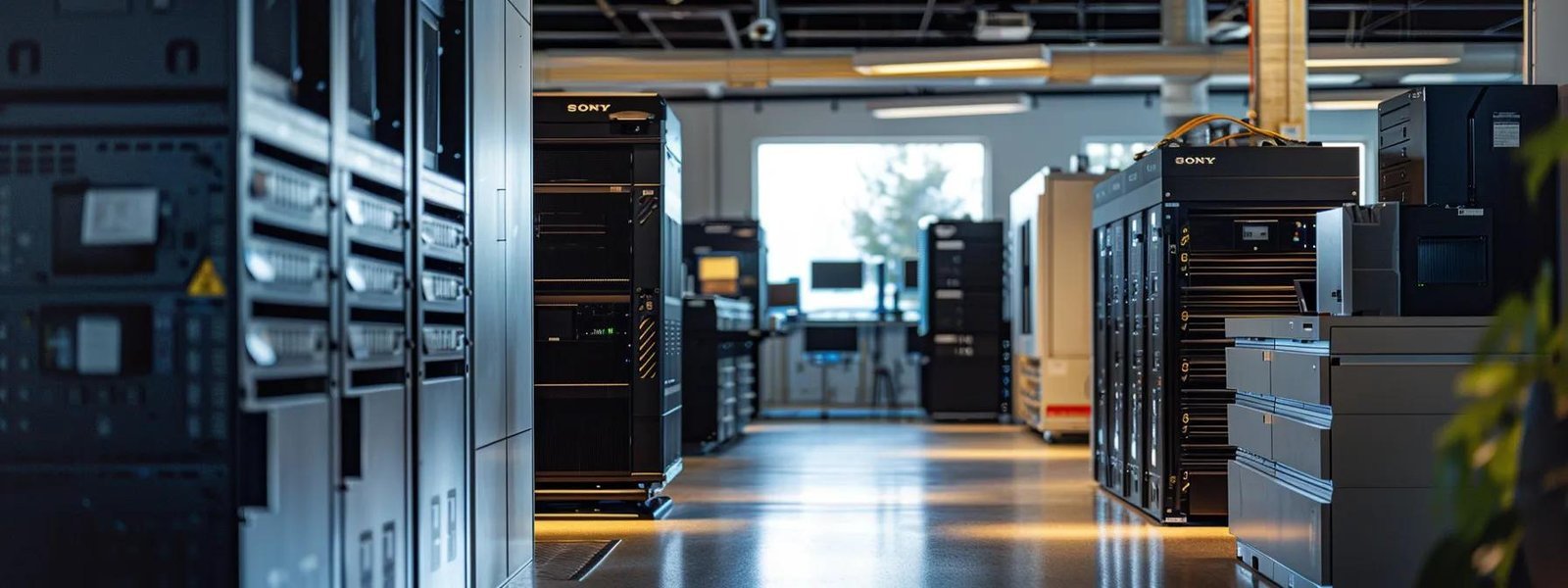
Homeowners can explore various backup power solutions to ensure peace of mind during outages. Portable generators offer flexibility and convenience, while standby generator systems provide reliable standby power for the entire home. Solar-powered options present sustainable backup solutions, and battery backup systems are essential for keeping critical devices running. Each option has unique benefits, warranties, and innovations to consider.
Portable generators are a practical solution for homeowners seeking reliable backup power systems during outages. These generators can be easily transported and connected to essential appliances using an extension cord, allowing for effective load management. By providing immediate backup power, portable generators ensure that critical devices remain operational, offering peace of mind during unexpected power interruptions.
Standby generator systems offer homeowners a reliable power solution that minimizes downtime during outages. These systems automatically activate when the power goes out, ensuring that essential appliances, such as pumps and heating systems, continue to operate without interruption. With their efficiency and seamless integration into the home’s electrical system, including the circuit breaker, standby generators provide peace of mind, knowing that critical functions remain active even in emergencies.
Solar-powered options provide a sustainable backup solution for homeowners looking to maintain energy during outages. By integrating solar panels with a power station, homeowners can harness renewable energy to keep essential systems running, including air conditioning and heating. Additionally, pairing solar systems with a transfer switch allows for seamless power transfer, ensuring that critical appliances remain operational without interruption.
Battery backup systems are essential for homeowners looking to protect their critical home appliances during power outages caused by severe weather or disruptions in the electrical grid. These systems store energy, allowing devices such as refrigerators, medical equipment, and security systems to remain operational when the main power source fails. By integrating battery backup solutions with existing electrical wiring, homeowners can ensure that their essential devices continue to function, providing peace of mind and security in times of need:

To select the right emergency power system for a home, homeowners must first determine their household’s power requirements accurately. Evaluating fuel types such as gasoline, diesel, propane, and solar is essential for effective energy storage. Additionally, considering noise levels and environmental impacts, along with analyzing space and installation needs, will help ensure a suitable choice. These factors are crucial for preventing data loss and maintaining essential functions during outages.
Determining a household’s power requirements accurately is essential for selecting the right emergency power system. Homeowners should assess the wattage of essential appliances, such as refrigerators and heating systems, to ensure that the chosen home standby generator can handle the load. Additionally, considering fuel options like propane can enhance efficiency and support net zero emissions goals, while also ensuring reliable customer service and emergency service when needed.
When evaluating fuel types for emergency power systems, homeowners should consider gasoline, diesel, propane, and solar options. Gasoline generators are widely available and easy to refuel, but they can be noisy and less efficient. Diesel generators offer better fuel efficiency and longer run times, making them suitable for larger power needs, while propane is cleaner and can be stored for extended periods without degradation. Solar power systems provide a sustainable option, harnessing renewable energy to keep essential devices running during outages. Each fuel type has its advantages and drawbacks, so understanding these can help homeowners make informed decisions for their emergency power solutions:
When selecting an emergency power system, homeowners should consider noise levels and environmental impacts. Generators can vary significantly in sound output, with some models designed to operate quietly, making them more suitable for residential areas. Additionally, choosing environmentally friendly options, such as solar power systems or propane generators, can help reduce the carbon footprint while providing reliable energy during outages, ensuring that homeowners can maintain comfort without compromising their values.
When selecting an emergency power system, homeowners must carefully analyze the space and installation needs of each option. For instance, portable generators require minimal space and can be easily stored when not in use, while standby generators need a designated area outside the home for proper installation and ventilation. Understanding these requirements helps homeowners choose a solution that fits their property layout and ensures efficient operation, ultimately providing peace of mind during power outages.
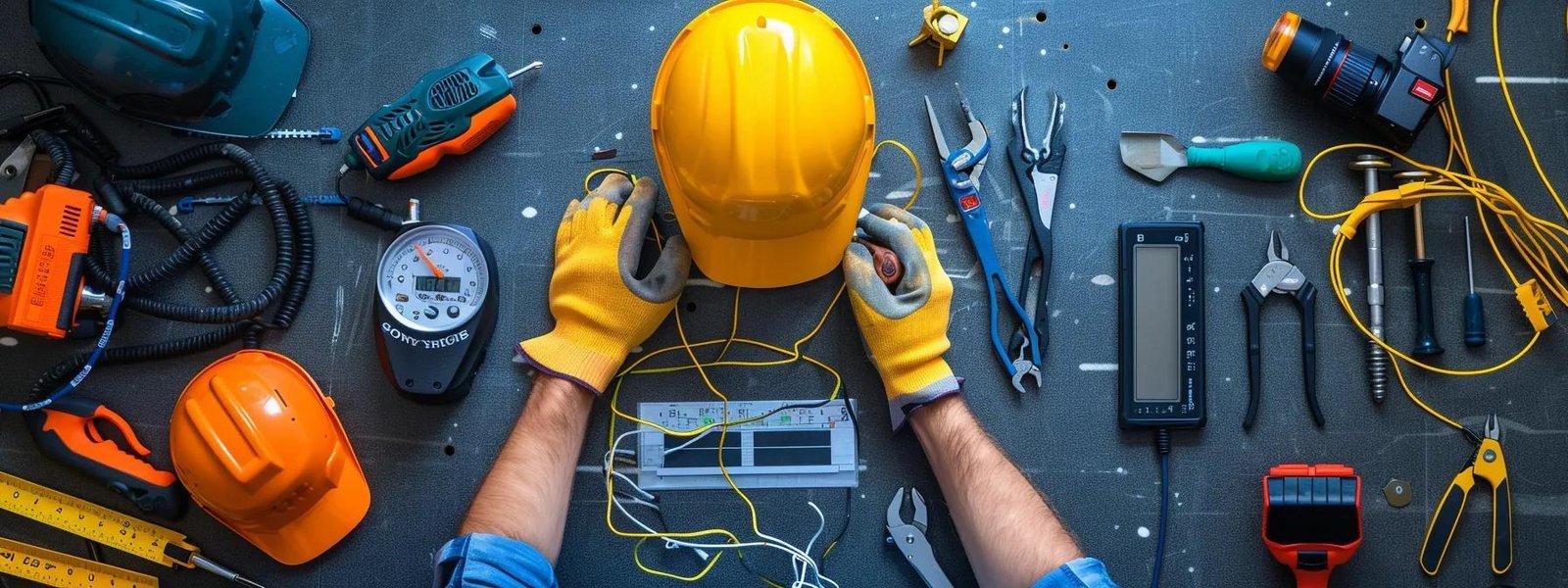
Consulting professionals for compliant installation services is crucial for ensuring safety and reliability in home emergency power solutions. Homeowners must also understand local codes and permit requirements fully, plan optimal placement for safety and accessibility, and test their systems thoroughly before an emergency occurs. Each of these steps plays a vital role in achieving peace of mind during power outages.
Consulting professionals for compliant installation services is essential for ensuring that home emergency power solutions operate safely and effectively. Experienced electricians understand local codes and regulations, which helps prevent potential hazards and ensures that the installation meets all safety standards. By relying on their expertise, homeowners can have peace of mind knowing that their backup power systems are installed correctly, providing reliable support during outages.
Understanding local codes and permit requirements is essential for homeowners planning to install emergency power solutions. Each municipality has specific regulations that dictate how generators and other backup systems must be installed to ensure safety and compliance. Homeowners should consult with licensed electricians who are familiar with these codes to avoid potential fines and ensure that their systems operate safely and effectively.
Planning the optimal placement of home emergency power solutions is crucial for ensuring safety and accessibility during outages. Homeowners should consider locations that are easily accessible for operation and maintenance while also adhering to safety guidelines, such as keeping generators away from windows and doors to prevent carbon monoxide buildup. By strategically positioning backup power systems, homeowners can ensure that they are ready to respond quickly in emergencies, providing peace of mind when it matters most:
Testing the home emergency power system thoroughly before an emergency occurs is essential for ensuring reliability and peace of mind. Homeowners should regularly run their generators and backup systems to confirm they function correctly and can handle the necessary load. This proactive approach not only helps identify potential issues but also ensures that critical appliances will remain operational during a power outage, safeguarding comfort and safety when it matters most.
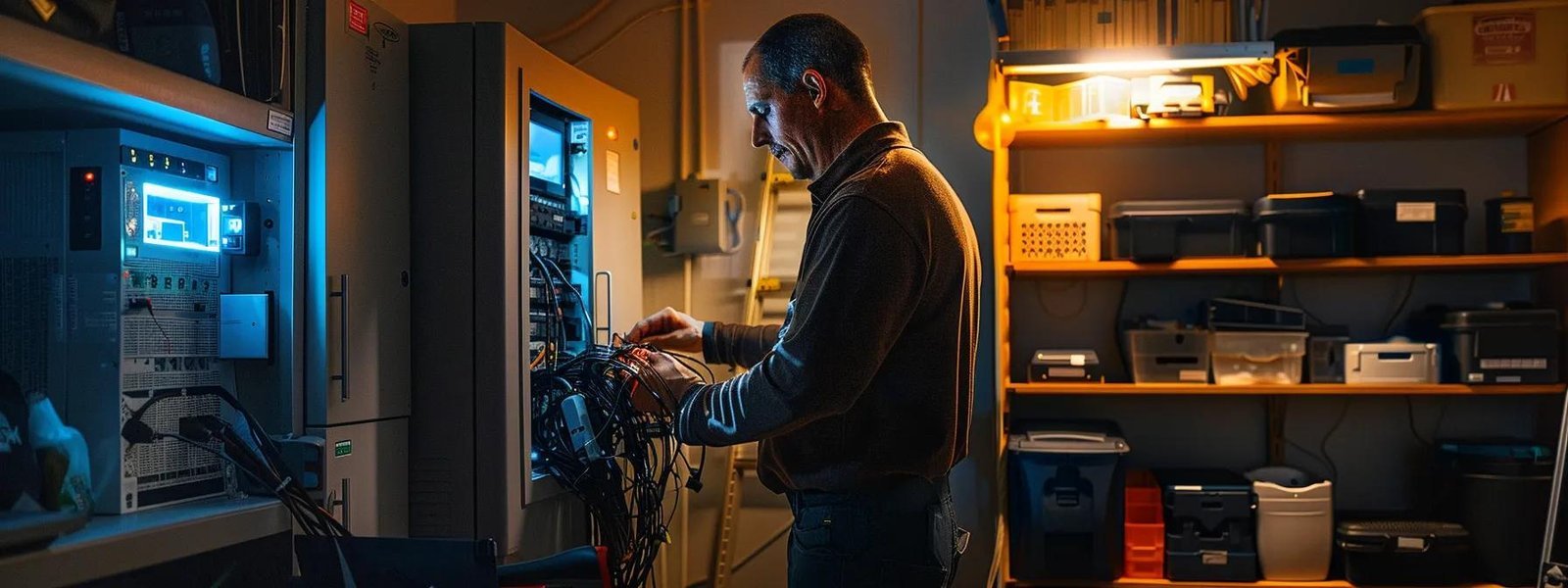
To ensure peace of mind with home emergency power solutions, homeowners must prioritize effective maintenance of their backup power systems. This includes scheduling regular inspections and maintenance checks, replacing worn components for reliable operation, and storing fuel properly while monitoring its quality. Additionally, keeping manuals and emergency contacts easily accessible can enhance preparedness during outages.
Scheduling regular inspections and maintenance checks for backup power systems is essential for ensuring their reliability during emergencies. Homeowners should consider setting a routine to examine their generators and battery backup systems, checking for any signs of wear or malfunction. This proactive approach not only helps identify potential issues early but also guarantees that the systems will function effectively when needed most, providing peace of mind during power outages:
Replacing worn components in backup power systems is essential for ensuring reliable operation during emergencies. Homeowners should regularly inspect parts such as batteries, filters, and fuel lines, as these can degrade over time and affect performance. By proactively addressing these issues, homeowners can maintain the efficiency of their emergency power solutions, ensuring that critical appliances remain operational when needed most, thus providing peace of mind during power outages.
Storing fuel properly and monitoring its quality is essential for ensuring that backup power systems operate effectively during emergencies. Homeowners should keep fuel in a cool, dry place, using approved containers to prevent contamination and degradation. Regularly checking fuel for signs of water or sediment can help maintain its quality, ensuring that generators and other emergency power solutions are ready to perform when needed, providing peace of mind during unexpected outages.
Keeping manuals and emergency contacts easily accessible is vital for homeowners relying on backup power systems. In the event of a power outage, having quick access to user manuals can help troubleshoot issues and ensure proper operation of generators or battery systems. Additionally, maintaining a list of emergency contacts, including local electricians and service providers, can facilitate prompt assistance when needed, enhancing overall preparedness and peace of mind during unexpected situations:
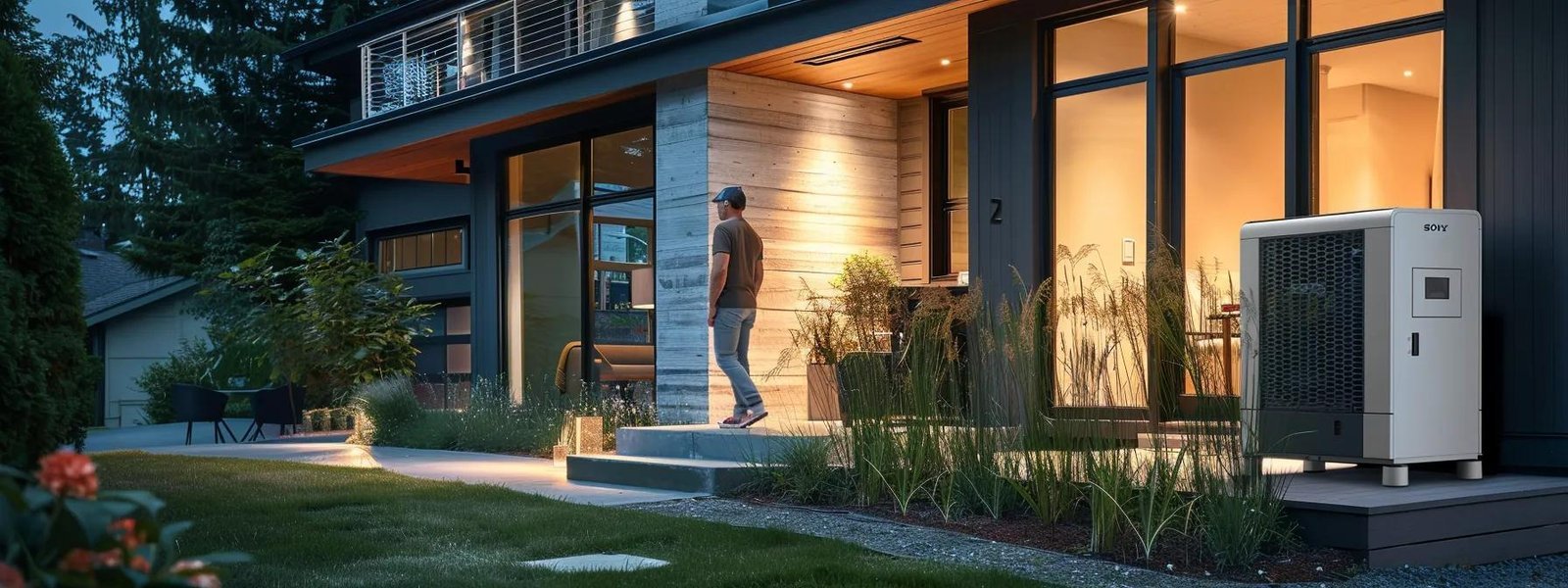
Calculating the initial investment in backup power solutions against potential losses during outages is essential for homeowners. Insurance incentives for equipped homes can further offset costs, while the added value to property market worth enhances long-term benefits. Additionally, the comfort and security provided during power outages contribute significantly to overall peace of mind, making these considerations vital for informed decision-making.
Calculating the initial investment in backup power solutions, such as generators or battery systems, is crucial for homeowners. By comparing this cost against potential losses during power outages—like food spoilage, disrupted work, or damage to home systems—homeowners can make informed decisions. Investing in reliable emergency power not only safeguards essential appliances but also enhances overall peace of mind, knowing that comfort and safety are prioritized during unexpected disruptions.
Homeowners who invest in backup power solutions may find that their insurance providers offer incentives for equipping their homes with these systems. Many insurance companies recognize that having reliable emergency power reduces the risk of property damage and loss during outages, leading to potential discounts on premiums. By discussing these options with their insurance agents, homeowners can not only enhance their safety and comfort but also save money in the long run, making backup power solutions a financially sound choice.
Investing in home emergency power solutions can significantly enhance a property’s market worth. Homes equipped with reliable backup power systems, such as generators or battery backups, are often more attractive to potential buyers, as they provide assurance of safety and comfort during outages. This added value not only reflects a homeowner’s commitment to maintaining a secure living environment but also positions the property favorably in a competitive real estate market.
Having a reliable home emergency power solution significantly enhances comfort and security during outages. Homeowners can rest easy knowing that essential systems, such as heating, cooling, and refrigeration, remain operational, preventing discomfort and food spoilage. This peace of mind allows families to focus on their well-being rather than worrying about the impact of unexpected power interruptions.
Investing in home emergency power solutions is essential for ensuring comfort and safety during unexpected outages. By understanding the risks of power loss and identifying critical appliances that require backup, homeowners can make informed decisions about their energy needs. Regular maintenance and professional installation further enhance the reliability of these systems, providing peace of mind when it matters most. Ultimately, having a dependable power solution safeguards daily routines and protects valuable assets, making it a vital consideration for every homeowner.


